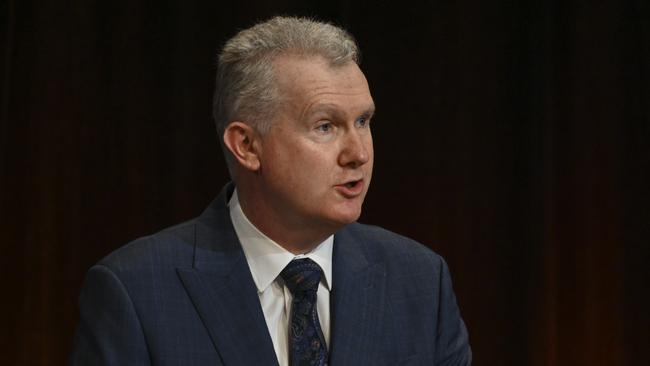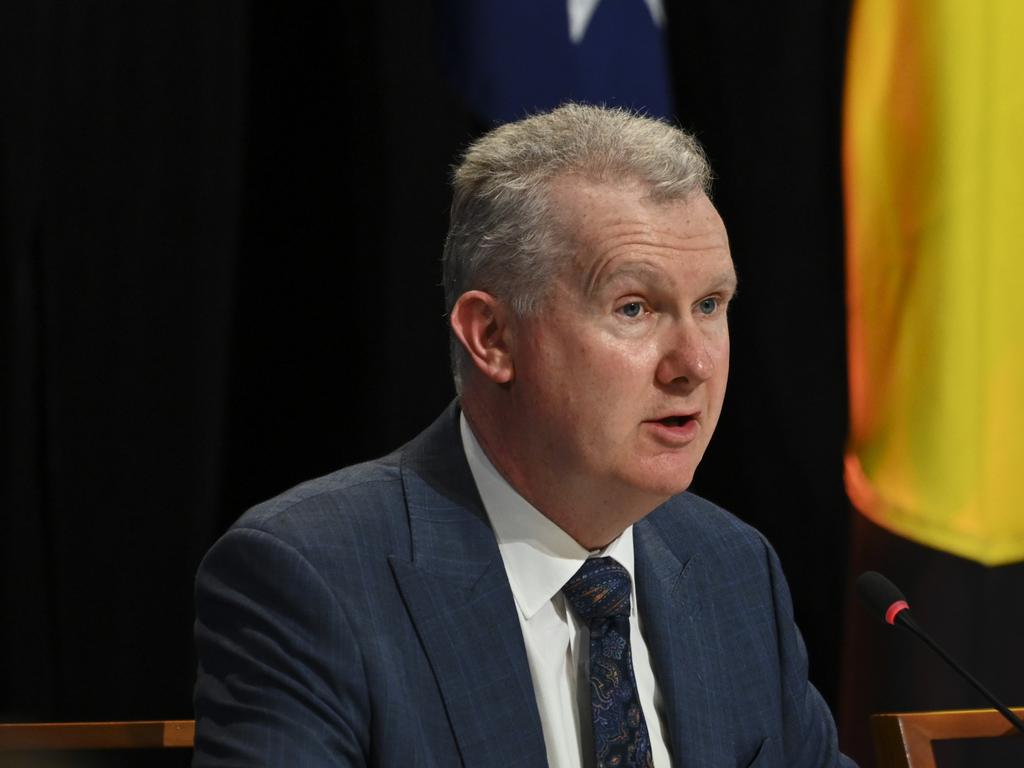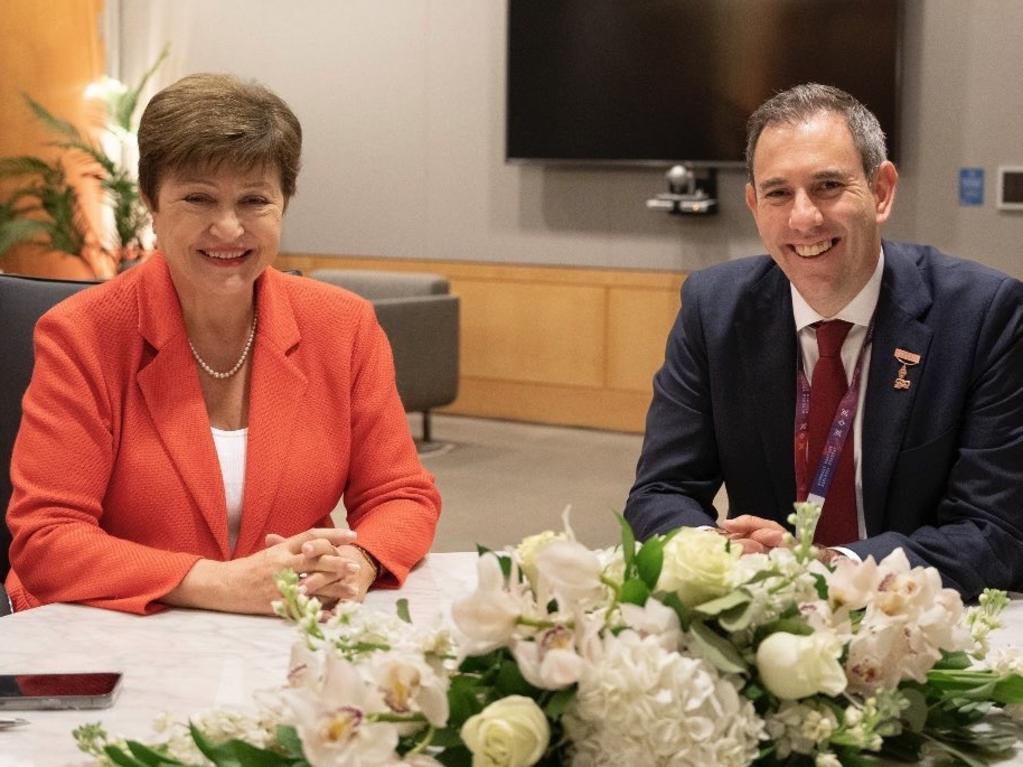Industrial relations bill scraps pay secrecy clauses
Pay secrecy clauses will be banned under the Albanese government’s workplace reforms, enabling affected employees to highlight wage inequities without fear of losing their job.

Pay secrecy clauses will be banned under the Albanese government’s workplace reforms, enabling affected employees to highlight wage inequities without fear of losing their job.
The ban on the clauses, which have applied to workers including bank employees, is part of the government’s Secure Jobs Better Pay bill, which will be introduced into federal parliament on Thursday next week, two days after the federal budget.
The bill, approved by the federal cabinet on Tuesday, is the first tranche of Labor’s industrial relations policy changes and also proposes extending multi-employer bargaining, simplifying the better off overall test that is applied to pay deals, and scrapping the Australian Building and Construction Commission.
Policy commitments extending traditional employee rights to gig workers, and entitling labour hire workers doing the same job as direct employees to the same pay, will be subject to more consultation before being part of a second tranche of workplace policy changes next year.
Employer and union representatives will be briefed on the bill by the Department of Employment and Workplace Relations on Thursday.
Minister for Employment and Workplace Relations Tony Burke said on Tuesday a key objective of the bill would be to “help close the gender pay gap” as women should not be paid less than men.
“We have made a deliberate decision to support workers in female-dominated professions who have been underpaid and undervalued for too long,” he said.
Mr Burke said banning pay secrecy clauses would ensure “companies cannot prohibit staff from talking about their pay if they want to”.
“These clauses have long been used to conceal gender pay discrepancies. Banning them will improve transparency, reduce the risk of gender pay discrimination and empower women to ask their employers for pay rises.”
The Commonwealth Bank and Westpac this year scrapped pay secrecy clauses from employment contracts.
According to a Finance Sector Union report, pay secrecy clauses had been entrenching the pay equity gap among CBA employees. Staff understood they were not supposed to talk about their pay at work and would get into trouble if they did.

Female employees believed they were being paid less, but felt powerless to complain or seek a pay review because they were not allowed to discuss remuneration or bonuses.
Under Labor’s bill, gender equity will be made a central objective of the Fair Work Act, including the modern award system. Mr Burke said the move would put gender equity “at the heart of pay decisions made by the Fair Work Commission”.
The bill proposes two new commission expert panels, one on pay equity and one on the care and community sector. “One of the main causes of the gender pay gap is low pay and conditions in the female-dominated care sector,” Mr Burke said.
“Care work is undervalued, underpaid, and increasingly insecure. This is making it hard to attract the new care workers we need, and to keep those already working in the sector in their jobs. These new panels will give the FWC the specific expertise it needs to deliver pay equity.”
The bill will seek to make it easier for the commission to order pay increases for workers in low-paid, female-dominated industries by putting in place a statutory equal remuneration principle, such as that in Queensland. Under the current federal system, Mr Burke said, equal remuneration orders were costly, time-consuming, adversarial and overwhelmingly ineffective.
“Since 1994, there has only been one successful equal pay order from 21 applications. The new principle will also clarify that gender-based assumptions must not be taken into account in assessing work value,” he said. “These measures add to legislation we have already introduced to establish 10 days of paid family and domestic violence leave, so women don’t have to choose between their safety and their pay.”
Australian Industry Group chief executive Innes Willox said the employer group was “committed to working constructively and in good faith with the government on potential reforms”.
“Whatever the government puts before parliament deserves rigorous scrutiny and further consultation as it is too important to be lost in the noise of budget week,” he said
“We obviously need to see the details but in the absence of that our views are well known. We remain deeply concerned about any unjustified expansion of multi-employer bargaining that risks undermining the important focus on encouraging employers and employees to reach agreements at the workplace level.
“There is no significant support for ACTU proposals regarding multi-employer bargaining from industry, only deep alarm. Any adoption of radical union proposals to afford them a right to co-ordinate industrial action across a sector or industry risks imposing significant adverse consequences for the community and economy, as recently identified by the Productivity Commission.”






